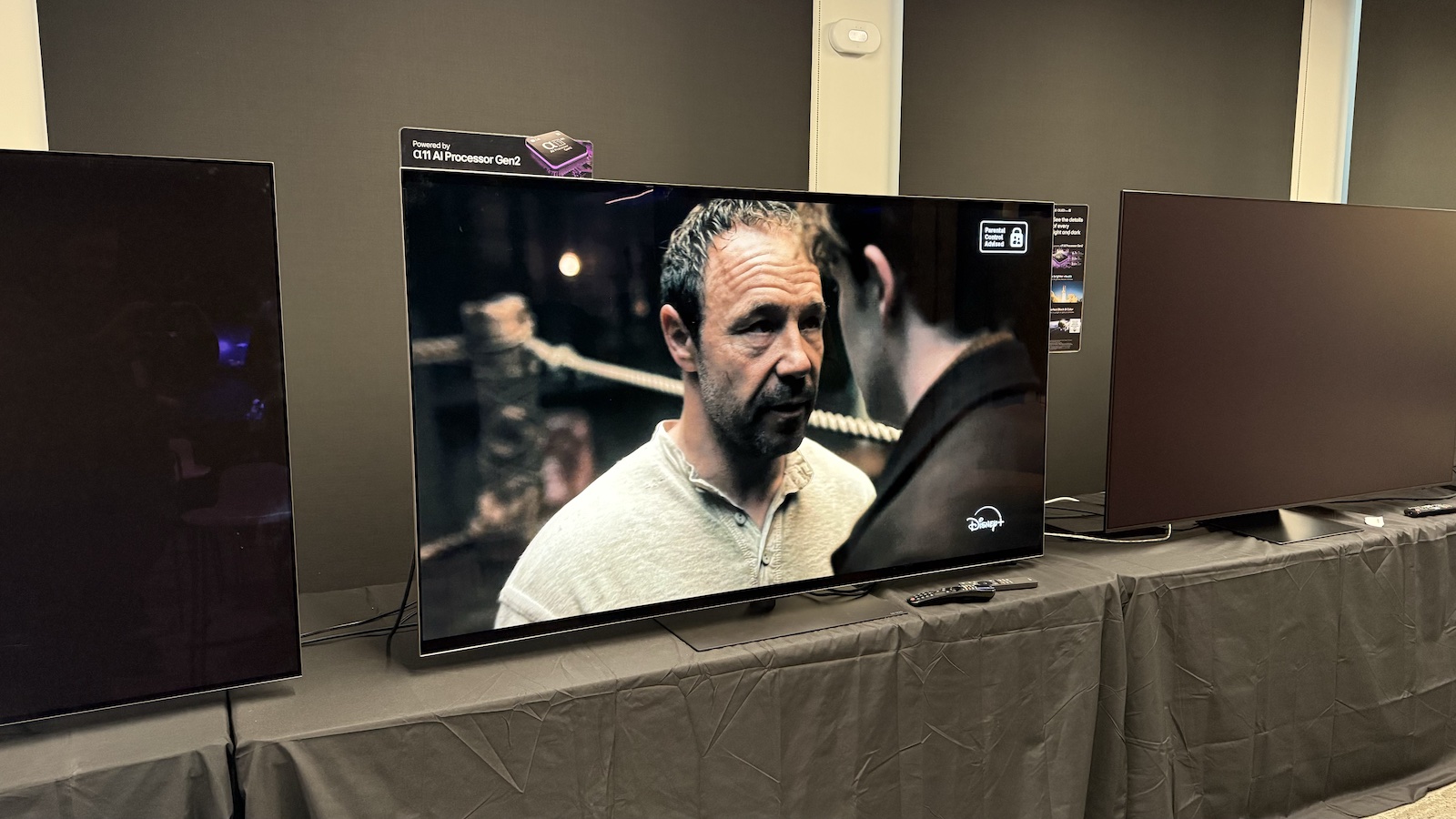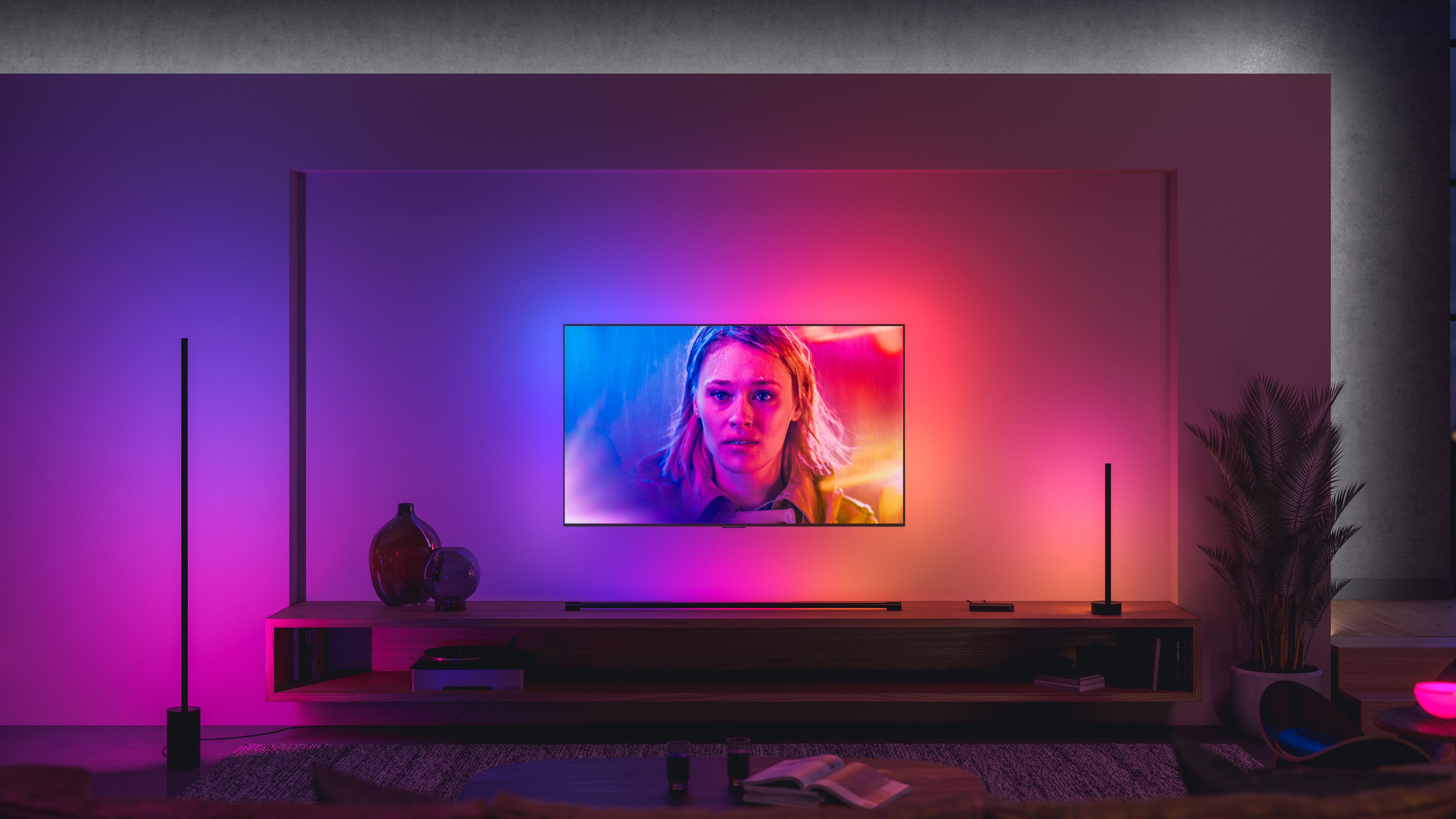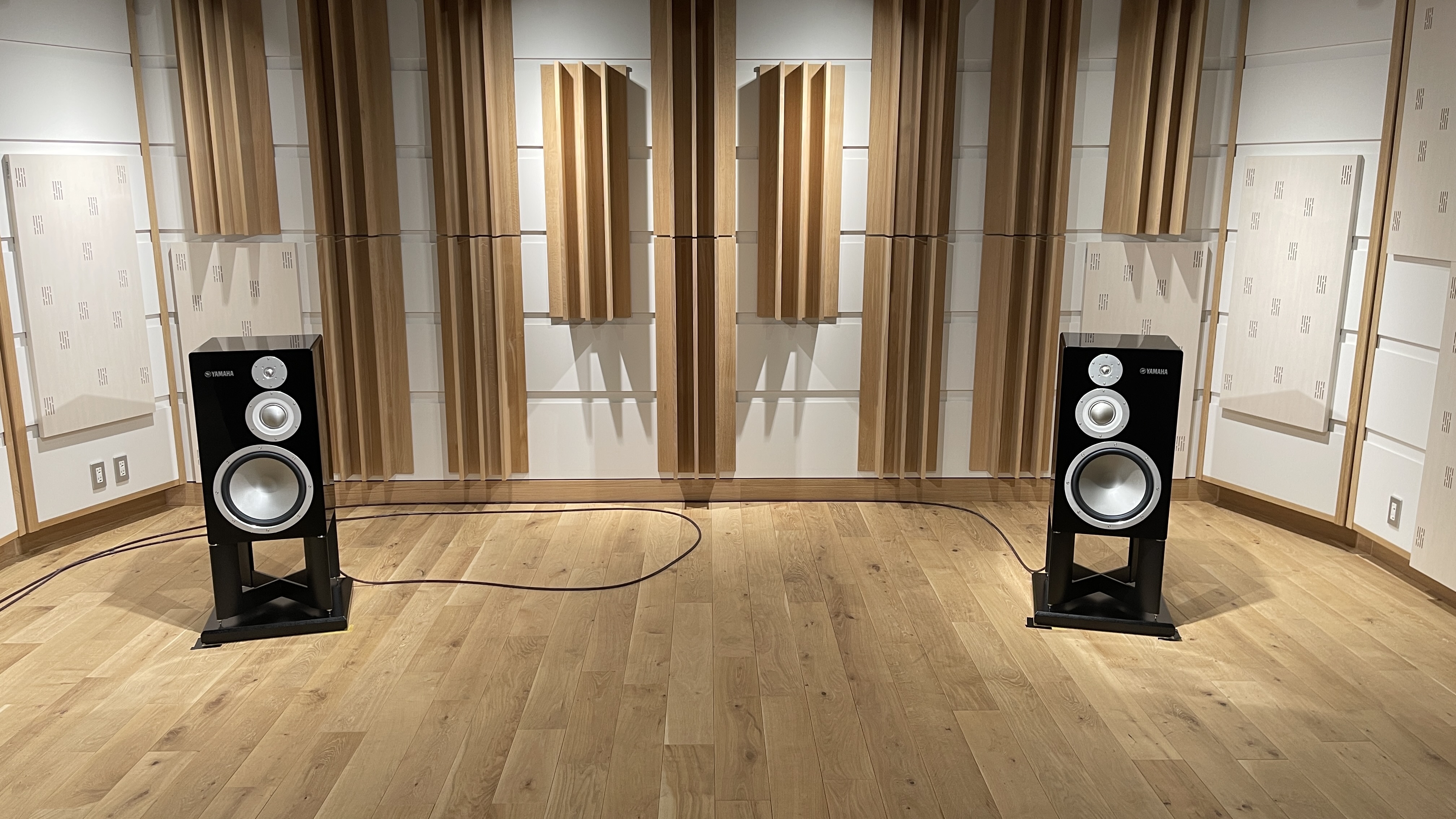Philips
Latest about Philips
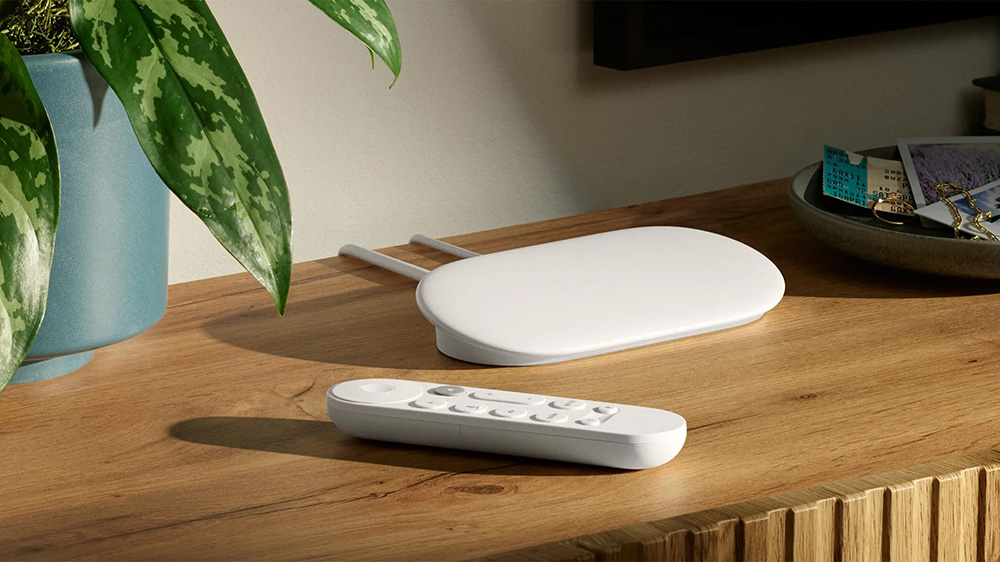
Best streaming devices 2025: smart TV sticks and boxes chosen by our experts
By Joe Svetlik last updated
Best Buys The best TV streaming devices are easy, affordable and capable of delivering high-quality pictures and sound to your TV.
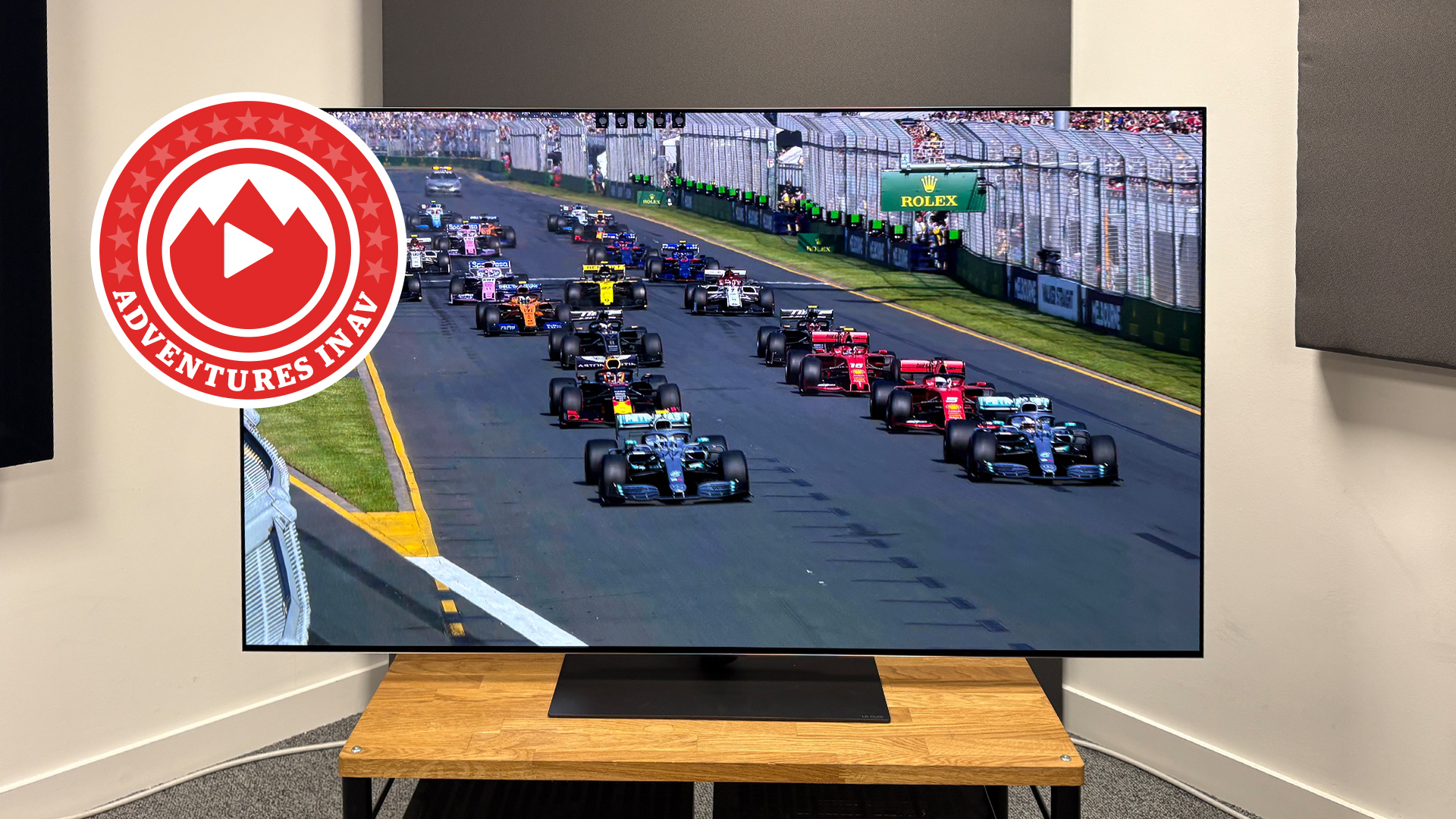
The LG OLED G5 was the best TV I've ever seen – until I found this problem
By Lewis Empson published
LG's G5 is one of the best TVs to grace our test room – it's a shame that it brought this bug with it.
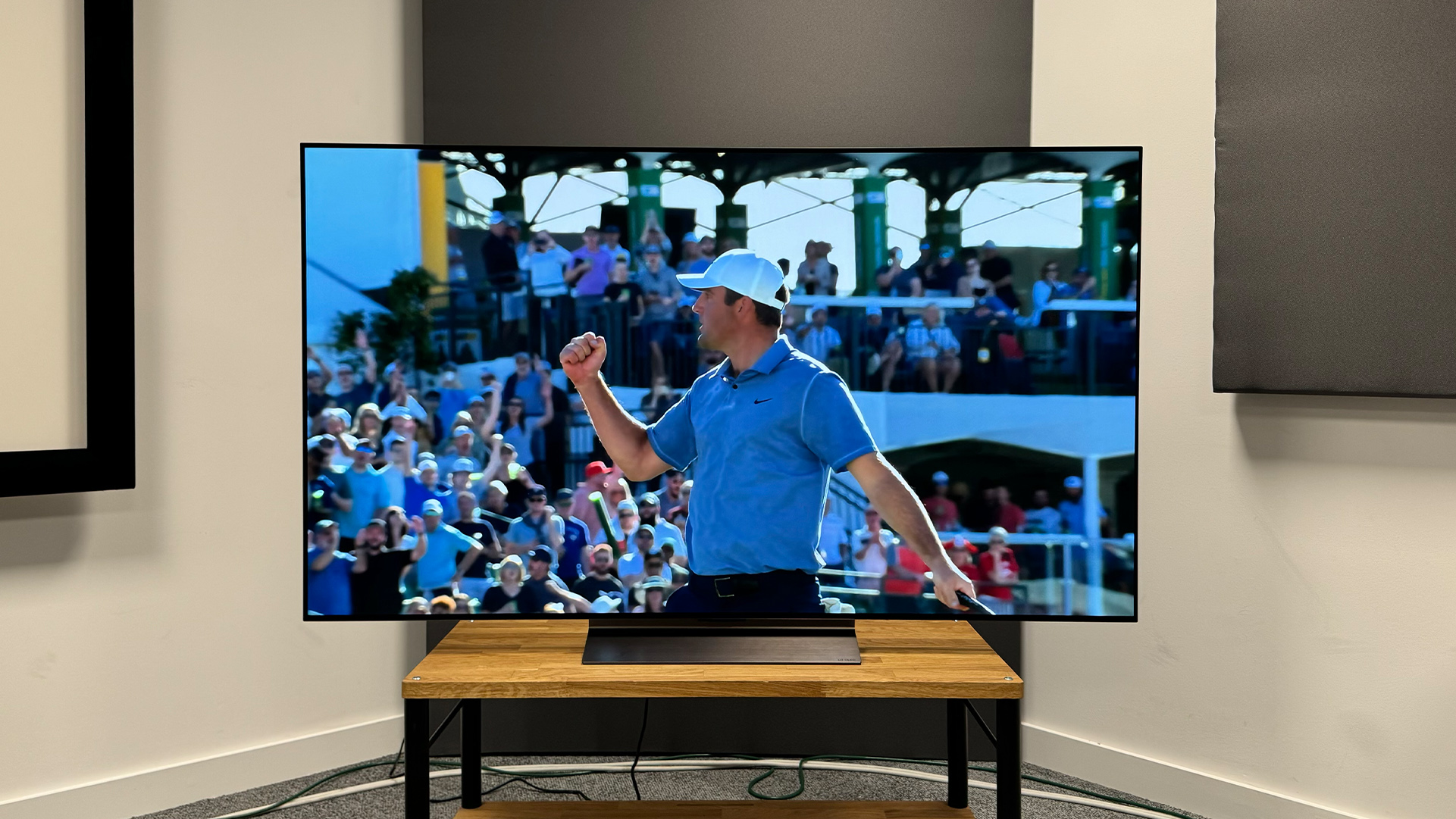
The best TV deals 2025: the cheapest prices on the OLEDs, Mini LEDs and LCDs that our experts recommend
By Tom Parsons last updated
Deals These are the best 4K, OLED and HDR TV deals available right now.
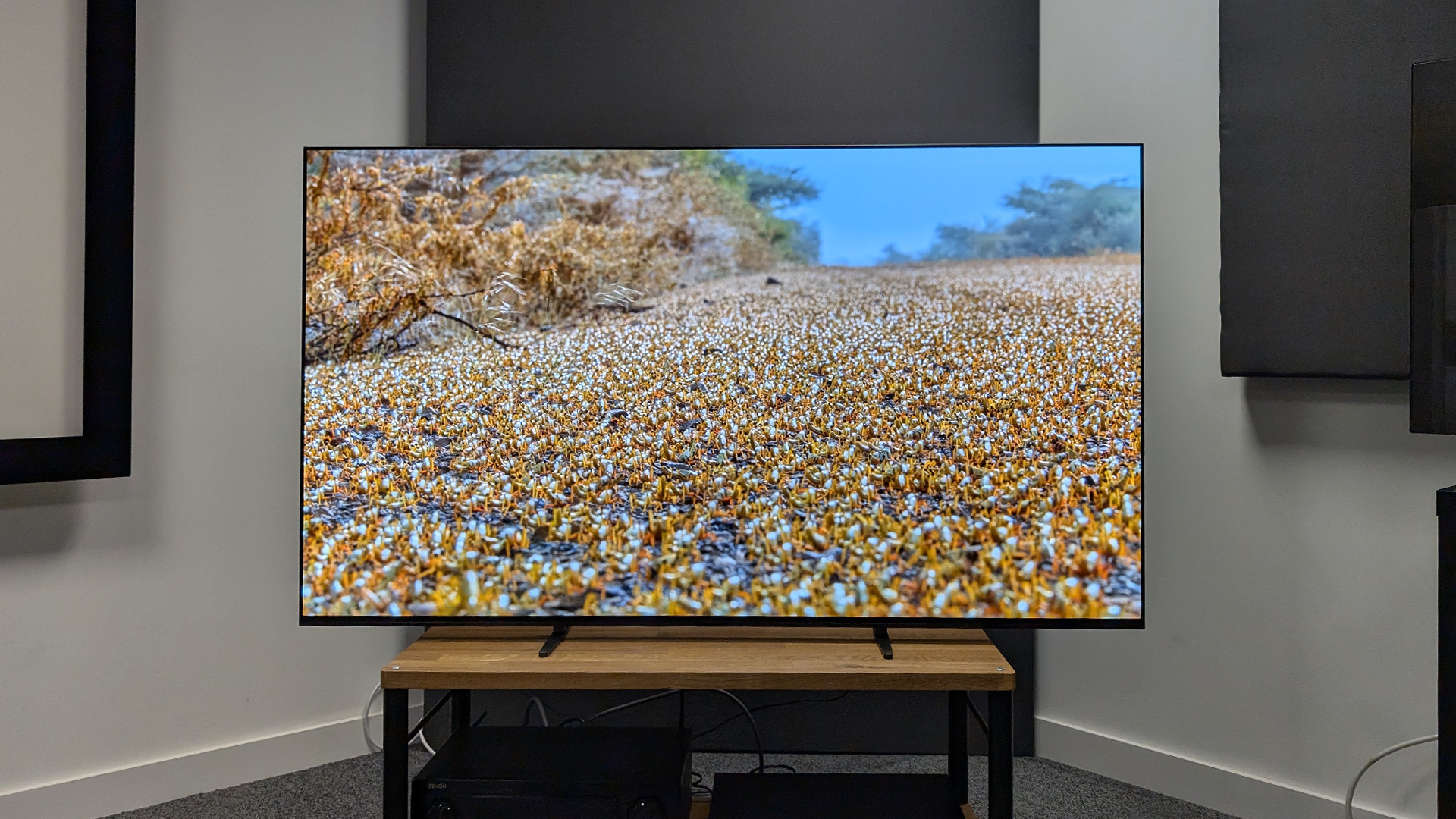
Philips OLED810 vs Sony Bravia 8: how do they compare?
By Robyn Quick published
Let's see how Philips' new OLED TV compares to our five-star favourite

Primary RGB Tandem OLED TV tech explained: how it works, why it’s better than MLA and how it compares with QD-OLED
By John Archer published
Primary RGB Tandem (aka ‘Four-Stack’) OLED tech is here to take the brightness battle to QD-OLED
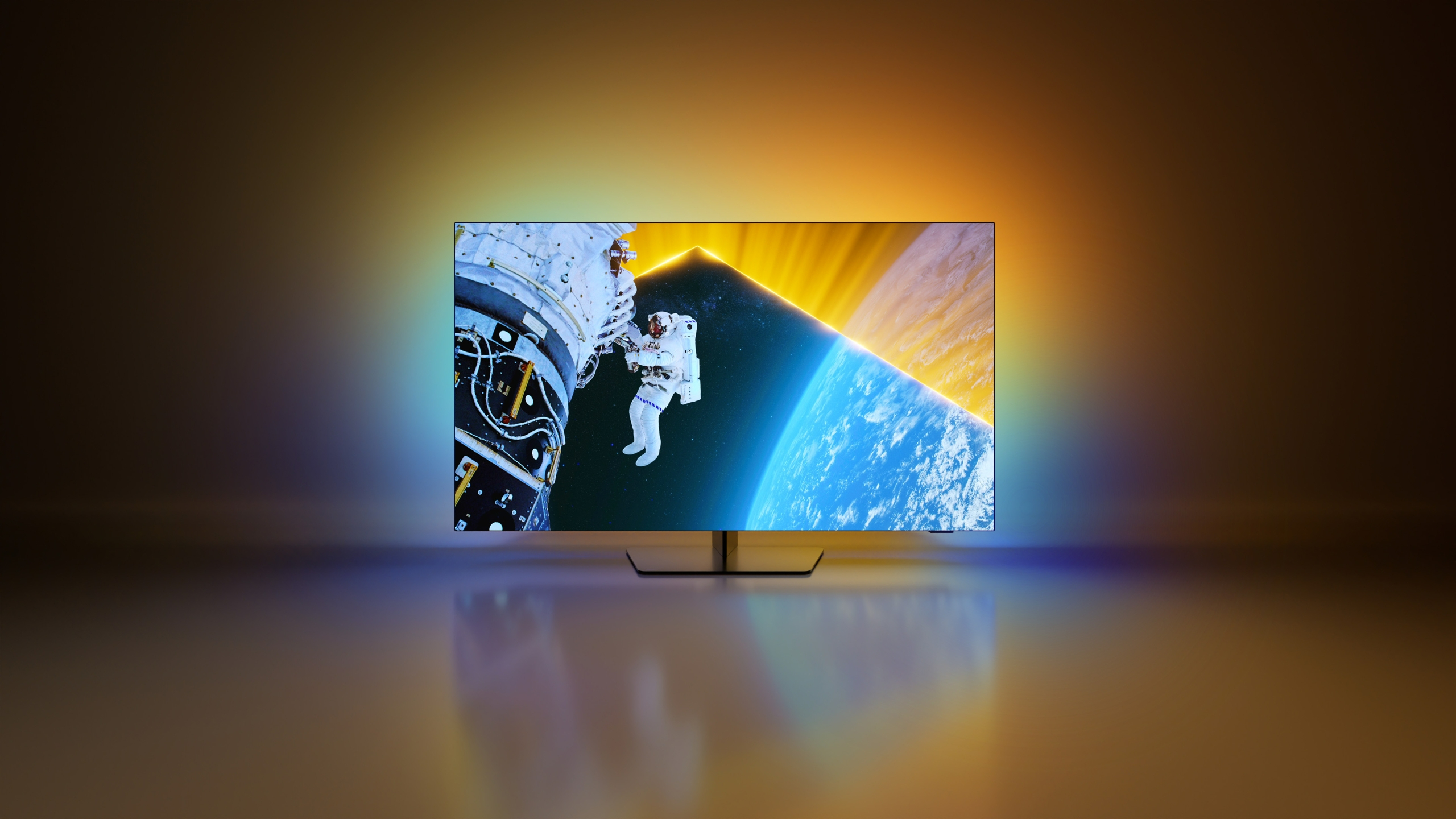
Hurry! Grab the 77-inch Philips OLED TV for a phenomenal £1350 off
By Grace Dean published
The 77-inch Philips OLED TV is a behemoth in stature and specs, and now you can grab it for less than £2000 with this incredible Sevenoaks deal.
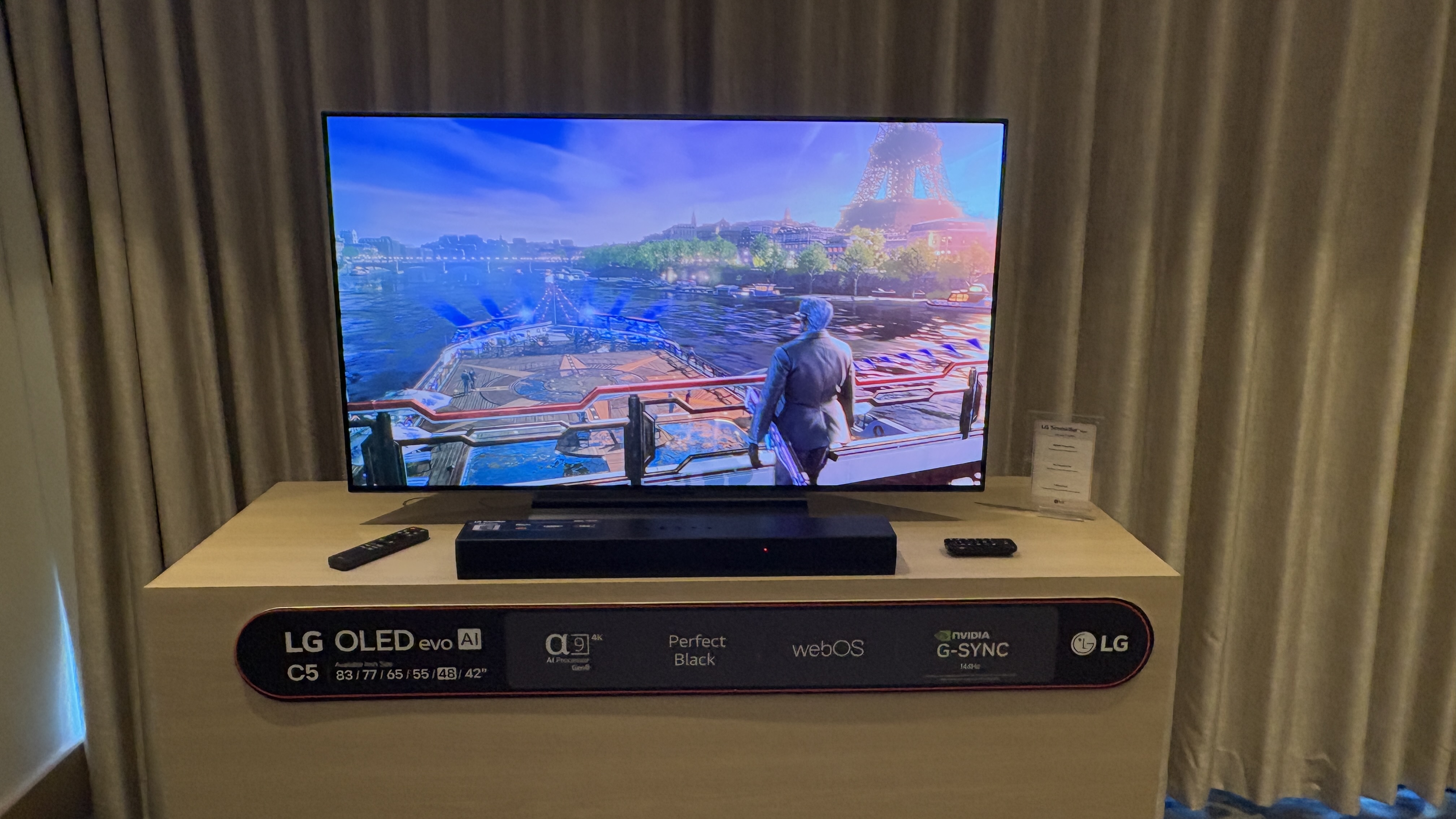
Philips OLED810 vs LG C5: how do these mid-range OLED TVs compare?
By Joe Svetlik last updated
Philips' new mid-range OLED TV looks impressive, but is it more exciting than LG's new C5?
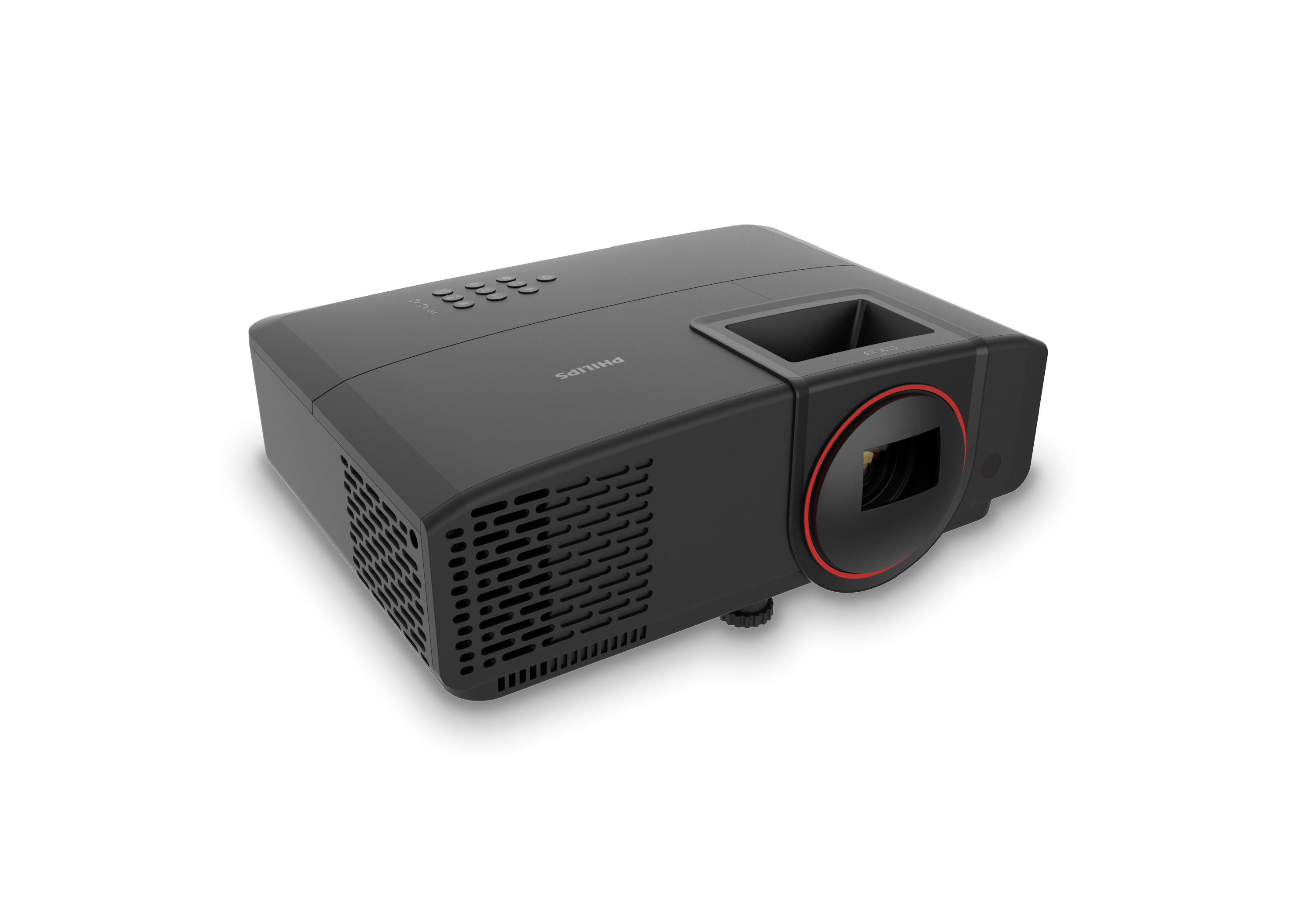
Philips' new gaming projector has some impressive specs – but it also faces some stiff competition
By Robyn Quick published
Philips will release its latest gaming projector in April, complete with an integrated Google TV dongle and 120Hz refresh rate
Get the What Hi-Fi? Newsletter
The latest hi-fi, home cinema and tech news, reviews, buying advice and deals, direct to your inbox.
